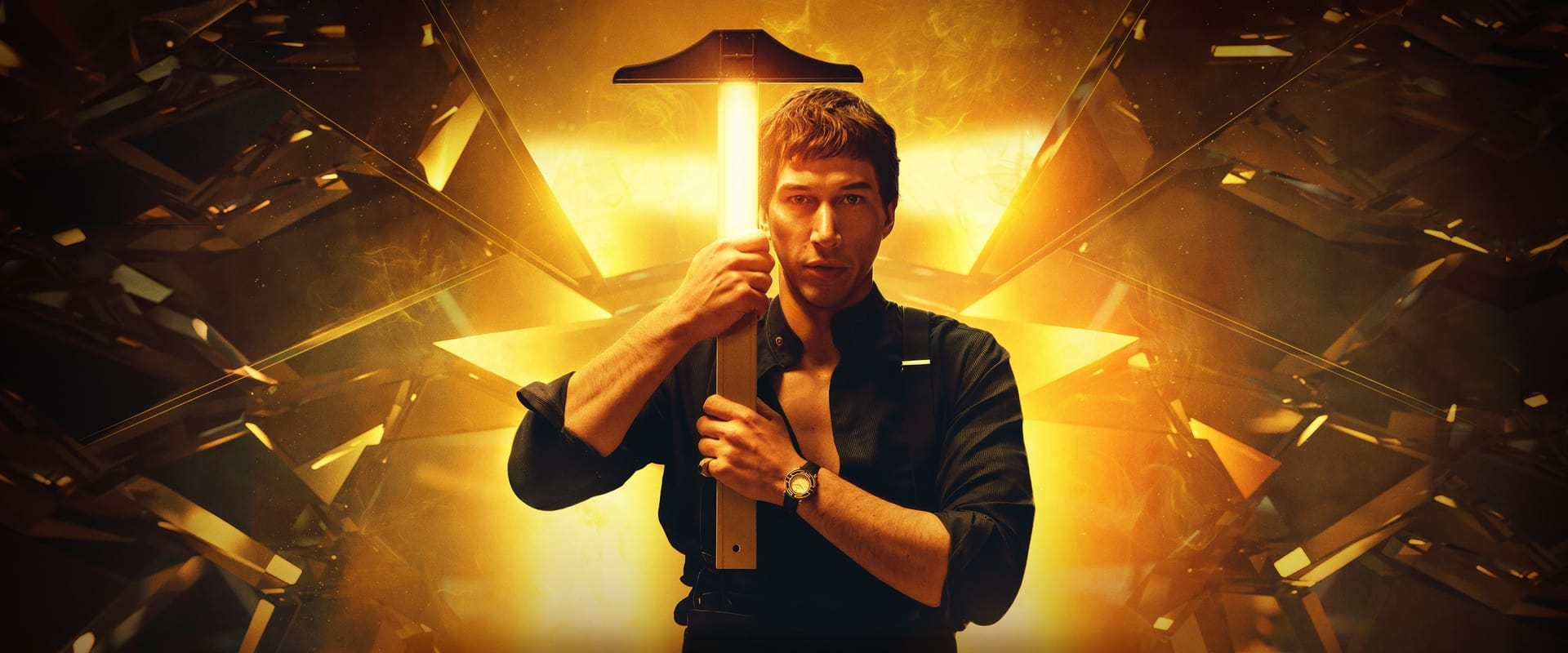What a joyless, magnificent mess of unintended comedy this is, a late-period fever dream so overloaded with Significance and “cinematic history” that it’s hard to know if Francis Ford Coppola’s Megalopolis comes to us as a time capsule from the future of movies, or as the smoldering effluence of Hollywood’s oldest, dearest delusions.
Genius sometimes needs to circumvent the system. Or sell a vineyard and stage his own defeat. That’s the legend, isn’t it? Coppola, lion in winter, outfoxes dull-witted commerce, parts with his Napa gold, and single-handedly finances an epic that shambles and gesticulates like a postmodern Theodoric staggering through Hudson Yards. How many artists have called their own bluffs on this scale? Megalopolis, with its endless montages and digital gloss, is so desperate to announce its importance that it seems genuinely unaware it’s wandered into the wrong end of a young-adult dystopia. Even its grandiosity glints with the accidental parodic brilliance of a five-dollar paperback hack, Marcus Aurelius meets “Welcome to the Casino, kids.” Every character is someone’s symbol; every speech, a thesis no one asked for.
The cultural goulash on offer, the intended “self-reflexive, dialectical opera about the destruction and resurrection of cinema’s history!” (salute your elders: Méliès, Lang, Murnau, Eisenstein & co.), manages to be both grandiloquent and inert, like someone blitzing through the Criterion Channel after their fifth espresso. Your reward is a carnivalesque parade of defanged gestures at high art: Adam Driver’s Cesar Catilina flashing Hesse’s Siddartha like a Pentagon memo slipped between Hallmark cards, an allusion so brief and inorganic it evaporates before meaning can congeal. It’s all citation, no depth, a punishing pageant of roman names and movie references for the benefit of no one except, possibly, the director and future doctoral students.
To the extent there are pleasures, they’re unintentional ones. In vain, we search the infinite flatness of Coppola’s digital metropolis (shallow focus so narcotic it makes Villeneuve look like Preminger), as the camera lurches from “epochal” disaster (the world’s most ridiculous 9/11 pastiche) to adolescent spectacle (the gaudy glass towers of the New Rome, Vessel as prophecy). The editing, somewhere between vandalism and apology, visibly cannibalizes the actors, even as they flail and sputter through what might only generously be called performances. Plaza plays for the laugh-track, at least; LaBeouf, forever courting cancellation, makes a moral as well as an artistic case for permanent absence. Esposito, laboring gamely, projects actual gravitas, but he’s abandoned mid-frame by a movie too daft to notice.
Some have called this a camp object in waiting, which is another way of saying no one involved seems to know how funny this extravagance is. I suspect it wasn’t even meant ironically, but then again, intent died somewhere between the twentieth quotation of Marcus Aurelius and the umpteenth screed against “woke” irrelevance. For all the director’s maniacal pursuit of humanism, no one here gets to be human: Coppola’s New Rome is populated exclusively by statuary, petrified, gorgeous, ridiculous.
The movie is at once corny and interminable, a riot of mistakes gentrifying their way up and down the spinal column of Manhattan until all that’s left is the shiny, evacuated shell of the Vessel. One could call Megalopolis a Breenian symphony, except Tommy Wiseau already did it with more conviction. I did laugh, a lot. Sometimes at Coppola’s epic pre-screening pronouncements (“America will fall like Rome, in a few months, for the same reasons”), sometimes at raw, undressed sequences that beggar description. What is the future of cinema if it looks like this? Judging from Megalopolis, perhaps extinction really is our civic duty.
No doubt, there will be essays. Eloquence in defense of maximalist sludge is a tradition as old as the cinematic avant-garde, and someday, perhaps, I’ll be sold. But after nearly five hours of the future whimpering in digital shine, I’m content with the sweet wreckage of Coppola’s megalomaniacal intentions. If the movies needed a funeral, at least Francis got to conduct the orchestra.
We may remember Megalopolis, but we certainly won’t revive it.


